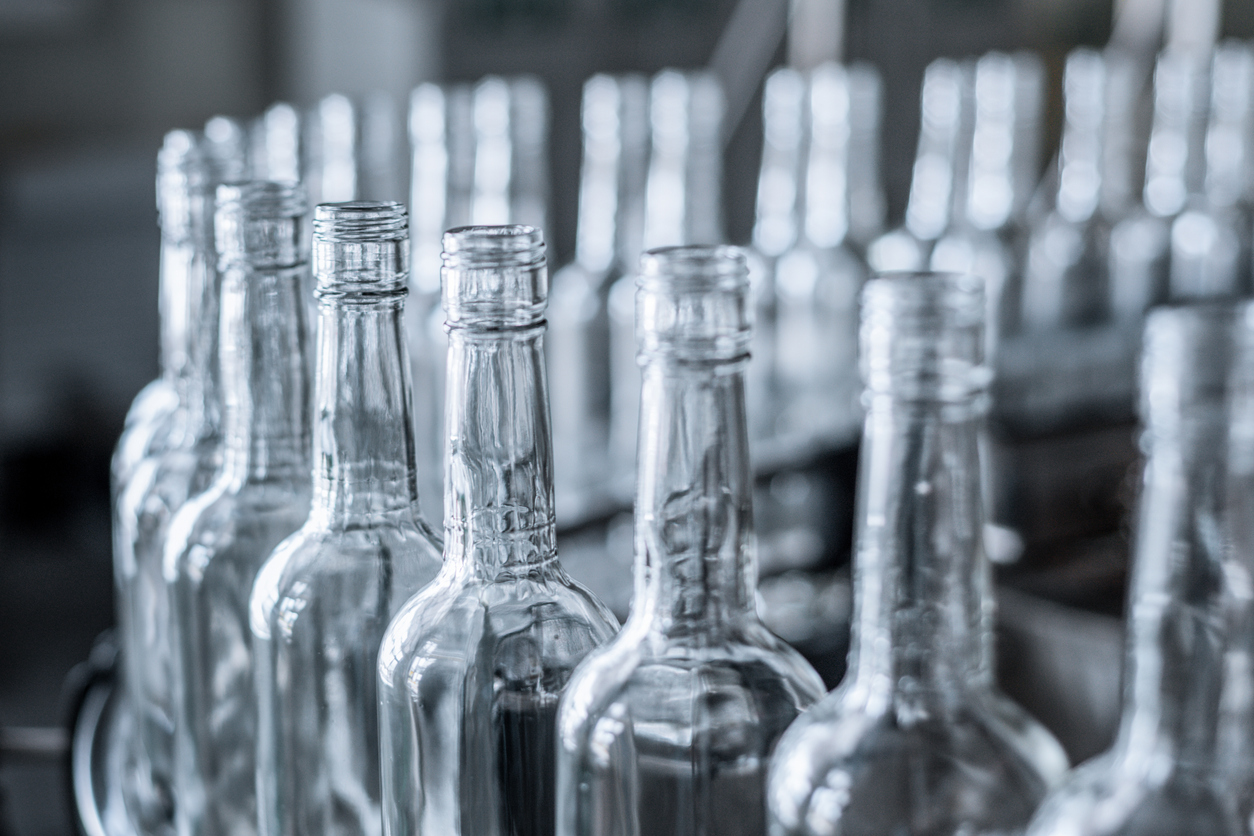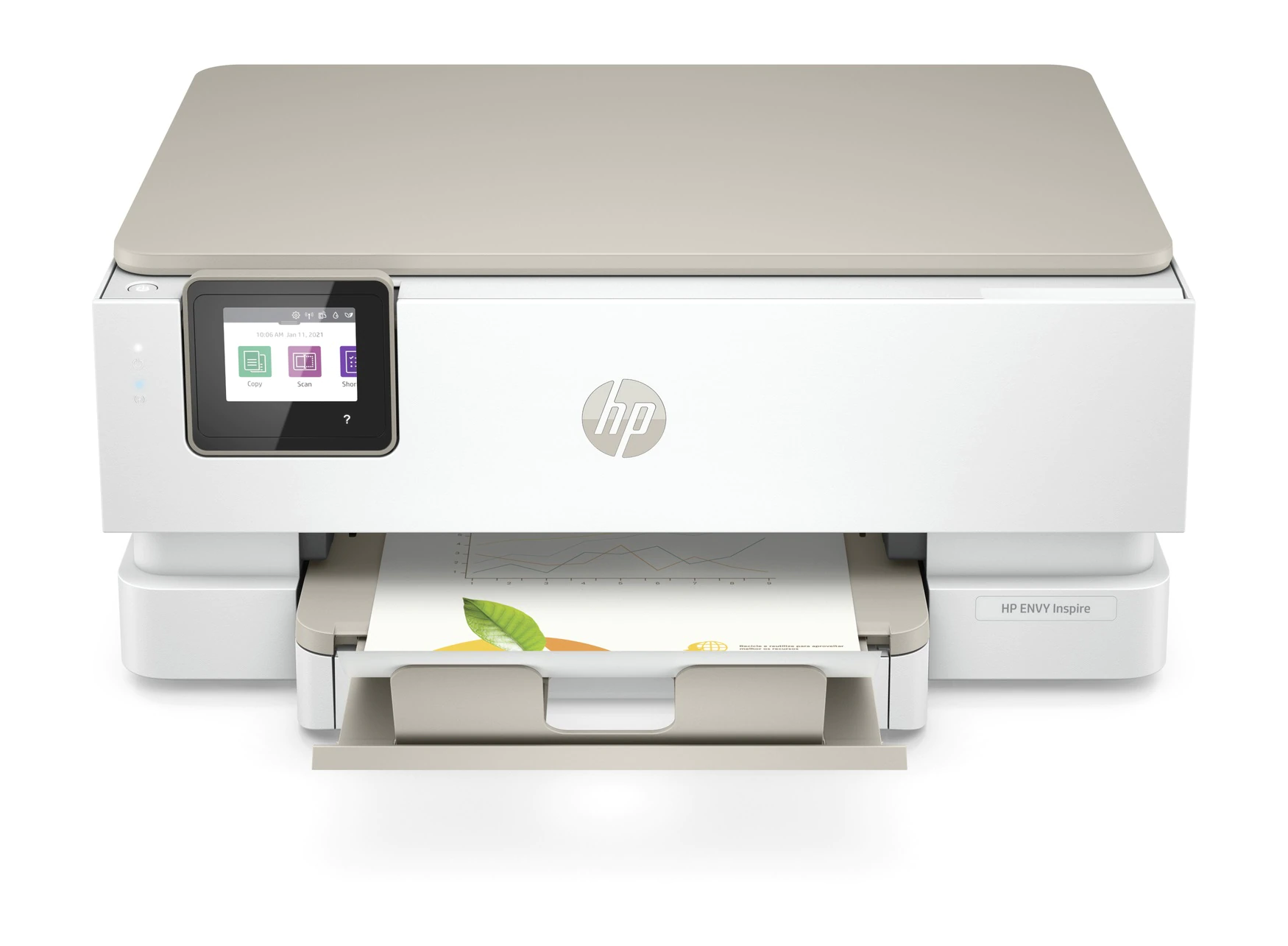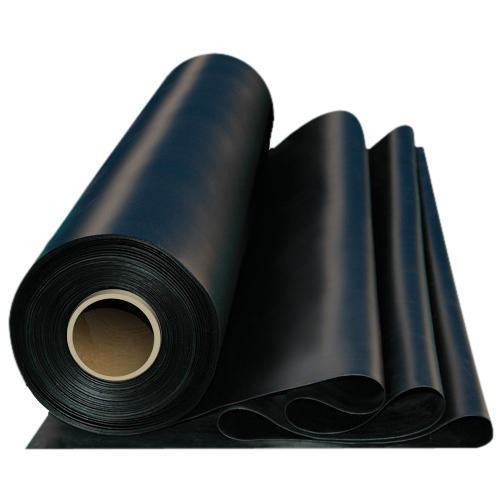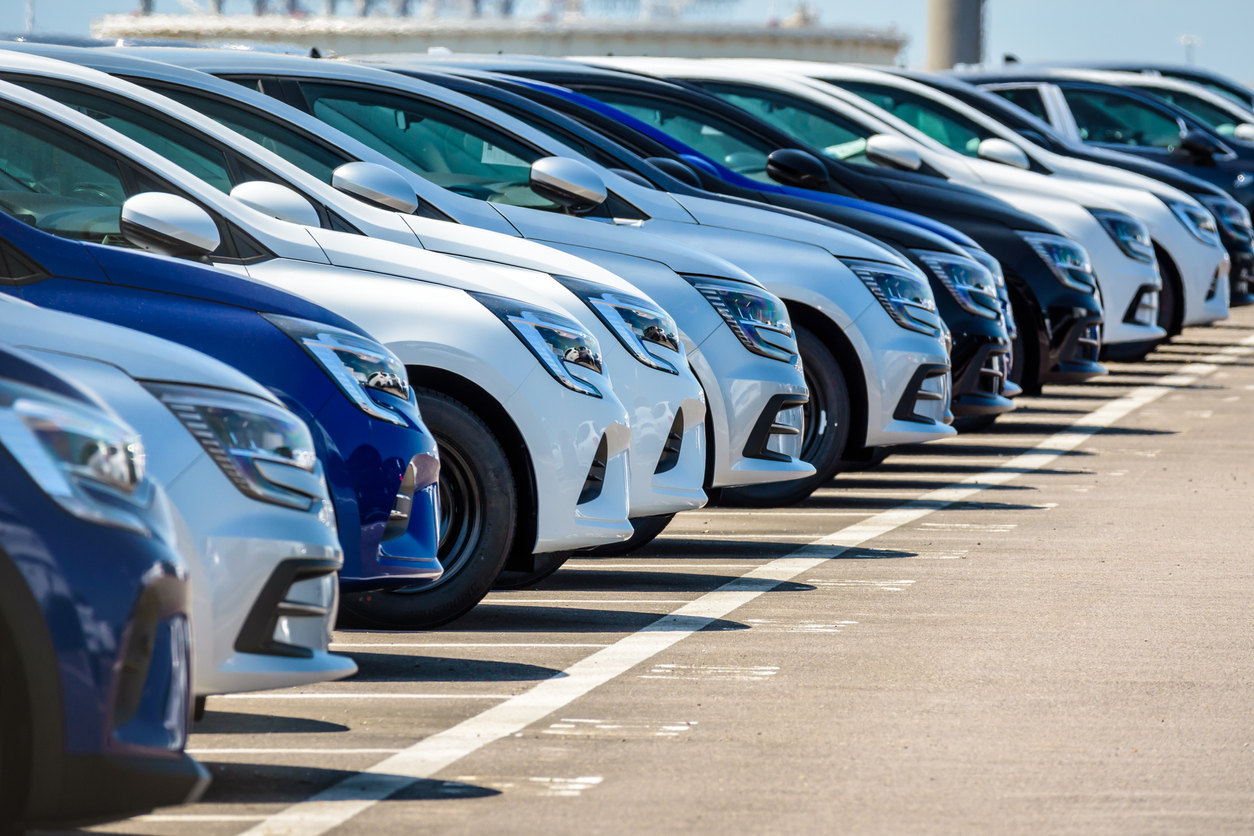Guide to Buying and Exporting Alcohol from South Africa
Guide to Buying and Exporting Alcohol from South Africa
Imports of alcohol and other spirits into South Africa are subject to excise duty, which is generally levied as a specific rate per litre. Imports of alcohol are also subject to general import duties, in addition to any specific tariffs on the goods. The Imported Goods Levy (IGL) is payable by businesses that import goods into South Africa from a non-Union country . In order to export alcohol from South Africa, you will need an excise processing license and a General Sales Tax (GST) vendor registration certificate. You must also have a permit for special excise goods issued by the Department of Agriculture, Forestry, and Fisheries. Customs clearance for all goods imported and exported from SouthAfricais handled by the Department of Customs and Excise and can be initiated online via their website.
Buying Alcohol in South Africa
Some countries have restrictions on the quantity of alcohol that may be imported for private use. It is important to check the regulations for the countries you are travelling to and from, as restrictions can vary widely. The importation of alcohol into South Africa is controlled by the Department of Agriculture, Forestry and Fisheries, who issue permits to importers and distributors. The importer will apply for a permit on behalf of the distributor, and it is then the distributor’s responsibility to ensure that their customers have imported the goods in accordance with the permit.
Exporting Alcohol from South Africa
The export of alcohol is also controlled, both at a domestic level – by the Department of Agriculture, Forestry and Fisheries – and by South Africa’s trading partners. Note that if you are exporting wine, cider, or other fruit wine, you must notify the Department and obtain a permit for each consignment. To export alcohol from South Africa, you must obtain an excise processing license from the Department of Agriculture, Forestry and Fisheries. In order to obtain the license, you must be registered for general sales tax, and you must have a valid ID number. You must also apply to the Department for a permit for special excise goods. This permit allows you to export certain goods without paying the relevant duty and taxes. You must ensure that you have the paperwork required by your destination country. The most common error in the export of alcohol is lack of documentation.
How to Get an Excise Processing License
In order to obtain an excise processing license, you must register for general sales tax. You are not permitted to register for GST until you have been issued with an identification number and signed a vendor declaration. You can register for general sales tax at any department of revenue offices or at the offices of a licensed vendor. You will be required to produce a number of documents, such as a valid South African identity document, proof of address, proof of financial capability, and details of the business. You will also be required to pay a fee.
General Rules for Exporting Alcohol
All alcohol must be accompanied by an excise document. This document is issued by the Department of Agriculture, Forestry and Fisheries and must be signed by an official of the Department. The excise document shows the quantity, type, and value of the goods, and the rate of duty applicable. The value shown on the document will determine the amount of duty payable. The rates of excise duty applicable to the different types of alcohol are published in the Customs and Excise Act. In addition to the excise duty, the alcohol must also be accompanied by a commercial invoice and a copy of the vendor declaration. The commercial invoice must show the name and address of the importer, the name and quantity of the goods, the name of the shipper, the port of shipment, and the date of shipment. It should also show the amount of excise duty payable.
Conclusion
Imports of alcohol and other spirits into South Africa are subject to excise duty, which is generally levied as a specific rate per litre. Imports of alcohol are also subject to general import duties, in addition to any specific tariffs on the goods. The Imported Goods Levy (IGL) is payable by businesses that import goods into South Africa from a non-Union country. In order to export alcohol from South Africa, you will need an excise processing license and a General Sales Tax (GST) vendor registration certificate. You must also have a permit for special excise goods issued by the Department of Agriculture, Forestry, and Fisheries. Customs clearance for all goods imported and exported from South Africa is handled by the Department of Customs and Excise and can be initiated online via their website.








LEAVE A COMMENT
You must be logged in to post a comment.